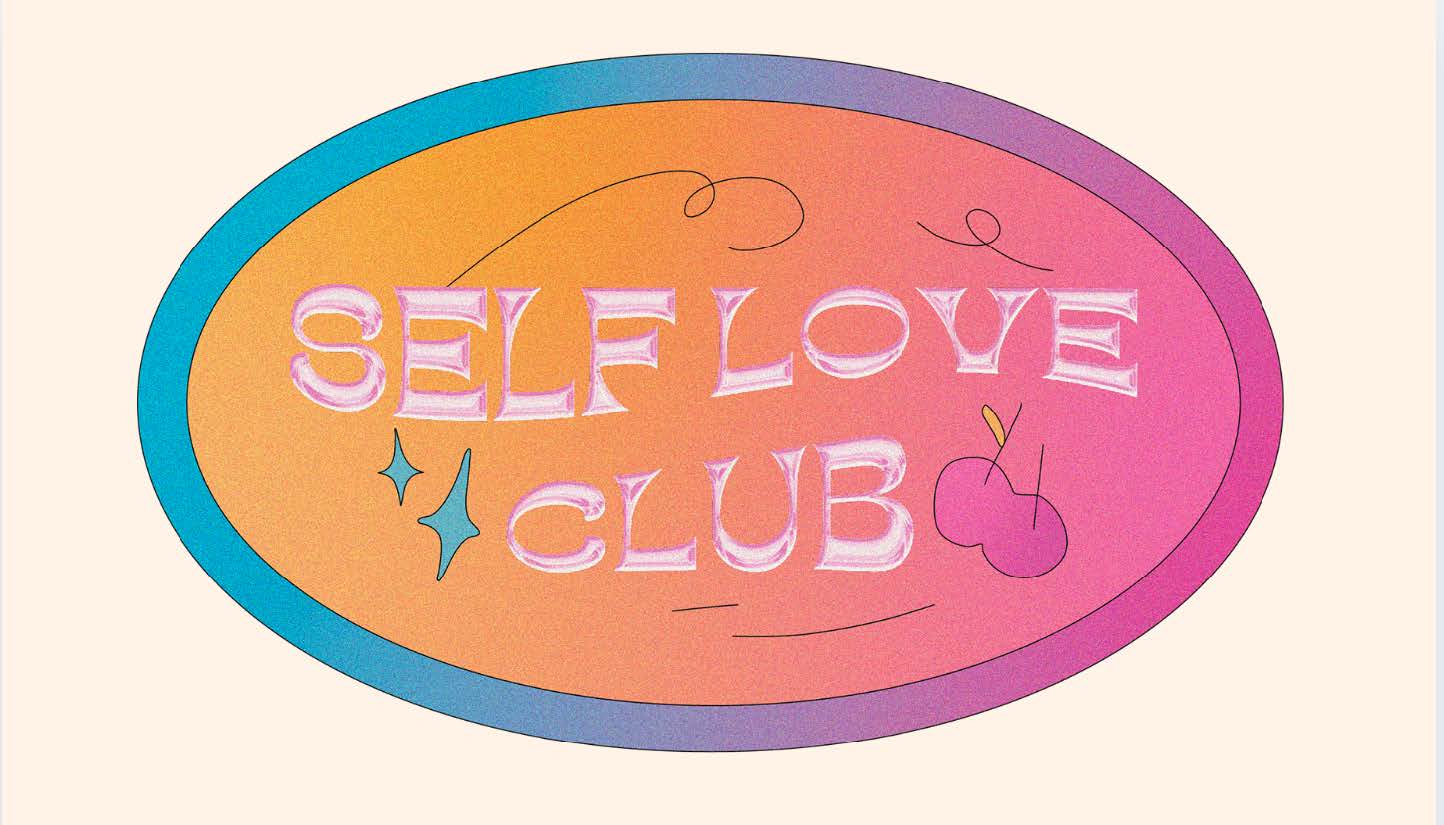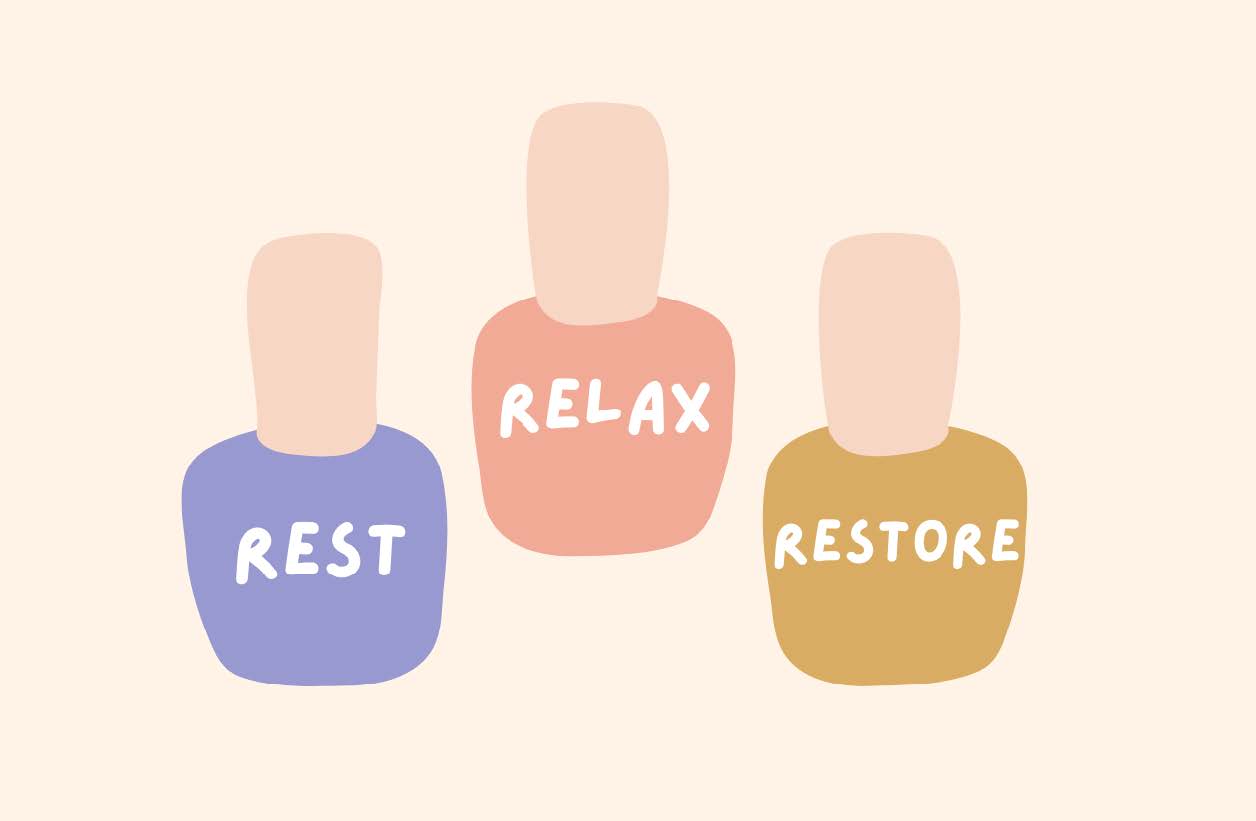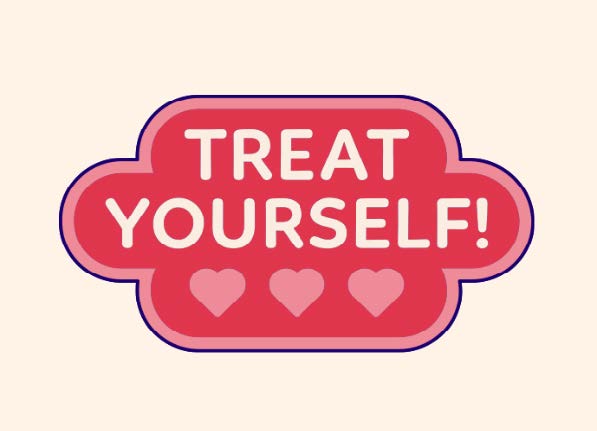
The Post-Valentine’s Slum
Valentine’s Day can bring a mix of emotions—happiness, excitement, or even pressure. But when the roses wilt and the social media posts fade, many people experience a post-Valentine’s slump. Whether you're single, recovering from a breakup, or simply feeling a little lonely, the days after Valentine’s Day can bring feelings of sadness, comparison, or self-doubt (Lange et. al, 2022).
Instead of dwelling on what might be missing, this is the perfect time to redirect love inward and focus on self-compassion, self-worth, and mental well-being.
Why Post-Valentine’s Blues Happen (Lange et. al, 2022)
1) Unmet Expectations: If Valentine’s Day didn’t go as planned, you may feel disappointed or let down.
2) Social Comparison: Seeing others’ romantic celebrations on social media can trigger feelings of inadequacy or loneliness.
3) Loneliness or Heartbreak: If you’re single or have recently gone through a breakup, the holiday may have amplified those emotions.
4) Emotional Highs and Lows: Any holiday centered around emotions can lead to a dip afterward, similar to post-holiday depression.
Rather than letting these feelings take over, self-love can be a powerful tool to shift your perspective and boost your mental health.
How Self-Love Helps Post-Valentine’s Blues (Lange et. al, 2022 & Neff, 2009)
Self-love isn’t just about pampering yourself—it’s about recognizing your own worth, treating yourself with kindness, and taking care of your mental health. Here’s how self-love can help during this time:
● It shifts focus from external validation to internal fulfillment. Instead of measuring your worth by relationship status, you build confidence from within.
● It reduces negative self-talk and comparison. You learn to appreciate your own journey instead of comparing it to others.
● It fosters emotional resilience. Loving yourself means being gentle with your emotions and allowing yourself to feel without judgment.

Post-Valentine’s Self-Love Strategies (Neff & Germer, 2013)
1. Reframe Negative Thoughts
Instead of: “No one loves me.”
Try: “I am worthy of love, starting with my own.”
Instead of: “Everyone else is happy in love.”
Try: “Social media only shows the highlights—my happiness isn’t defined by a relationship.”
2. Do Something Just for You
- Plan a solo date (a coffee shop visit, a bookstore trip, a movie night)
- Treat yourself to something small—a book, a favorite snack, fresh flowers
3. Disconnect from Social Media (Even for a Day!)
Doom-scrolling through romantic posts can make the blues worse. Try taking a social media break or curating your feed to include more uplifting, self-growth content.
4. Practice Gratitude for Non-Romantic
Love Love isn’t just romantic—it’s found in friendships, family, pets, and even self-care. Make a list of all the sources of love in your life, whether it’s a best friend, a sibling, or the way you support yourself.
5. Move Your Body, Nourish Your Mind
- Take a walk outside or try a new workout for an endorphin boost
- Listen to uplifting music or podcasts about self-love and mental wellness
- Cook a comforting meal for yourself—something you truly enjoy

Final Thoughts: Love Yourself Every Day, Not Just in February
Post-Valentine blues can be tough, but they’re also an opportunity to strengthen the most important relationship you have - the one with yourself. Whether you’re in a relationship or not, self-love is a daily practice that builds confidence, resilience, and genuine happiness from
Reflection Question: What’s one small act of self-love you can practice today?

